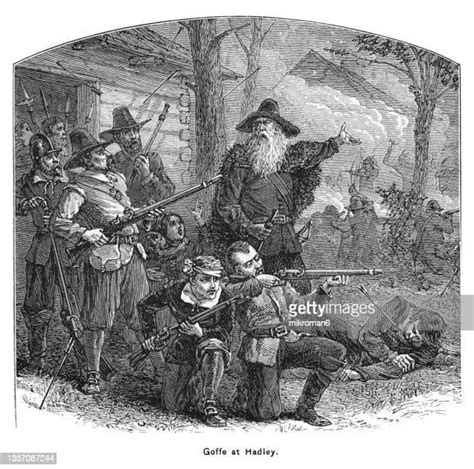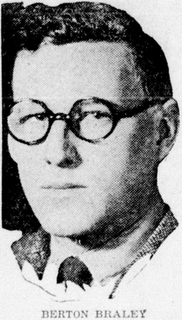A Quote by Charles Caleb Colton
In most quarrels there is a fault on both sides. A quarrel may be compared to a spark, which cannot be produced without a flint, as well as steel. Either of them may hammer on wood forever; no fire will follow.
Related Quotes
This struggle may be a moral one, or it may be a physical one, and it may be both moral and physical, but it must be a struggle. Power concedes nothing without a demand. It never did and it never will. Find out just what any people will quietly submit to and you have found out the exact measure of injustice and wrong which will be imposed upon them, and these will continue till they are resisted with either words or blows, or with both. The limits of tyrants are prescribed by the endurance of those whom they oppress.
To rescue our children we will have to let them save us from the power we embody: we will have to trust the very difference that they forever personify. And we will have to allow them the choice, without fear of death: that they may come and do likewise or that they may come and that we will follow them, that a little child will lead us back to the child we will always be, vulnerable and wanting and hurting for love and for beauty.
There's nothing like being in fashion. A man that has once got his character up for a wit is always sure of a laugh, say what he may. He may utter as much nonsense as he pleases, and all will pass current. No one stops to question the coin of a rich man; but a poor devil cannot pass off either a joke or a guinea without its being examined on both sides. Wit and coin are always doubted with a threadbare coat.
I came to set fire to the earth. And I am watchful that the fire grow. May the fire of love grow in our hearts. May the fire of transformation glow in our movements. May the fire of purification burn away our sins. May the fire of justice guide our steps. May the fire of wisdom illuminate our paths. May the fire that spreads over the Earth never be extinguished.
We may live without poetry, music and art; We may live without conscience, and live without heart; We may live without friends; we may live without books; But civilized man cannot live without cooks. . . . He may live without books,-what is knowledge but grieving? He may live without hope,-what is hope but deceiving? He may live without love,-what is passion but pining? But where is the man that can live without dining?
You may burn my body to ashes, and scatter them to the winds of heaven; you may drag my soul down to the regions of darkness and despair to be tormented forever; but you will never get me to support a measure which I believe to be wrong, although by doing so I may accomplish that which I believe to be right.






































